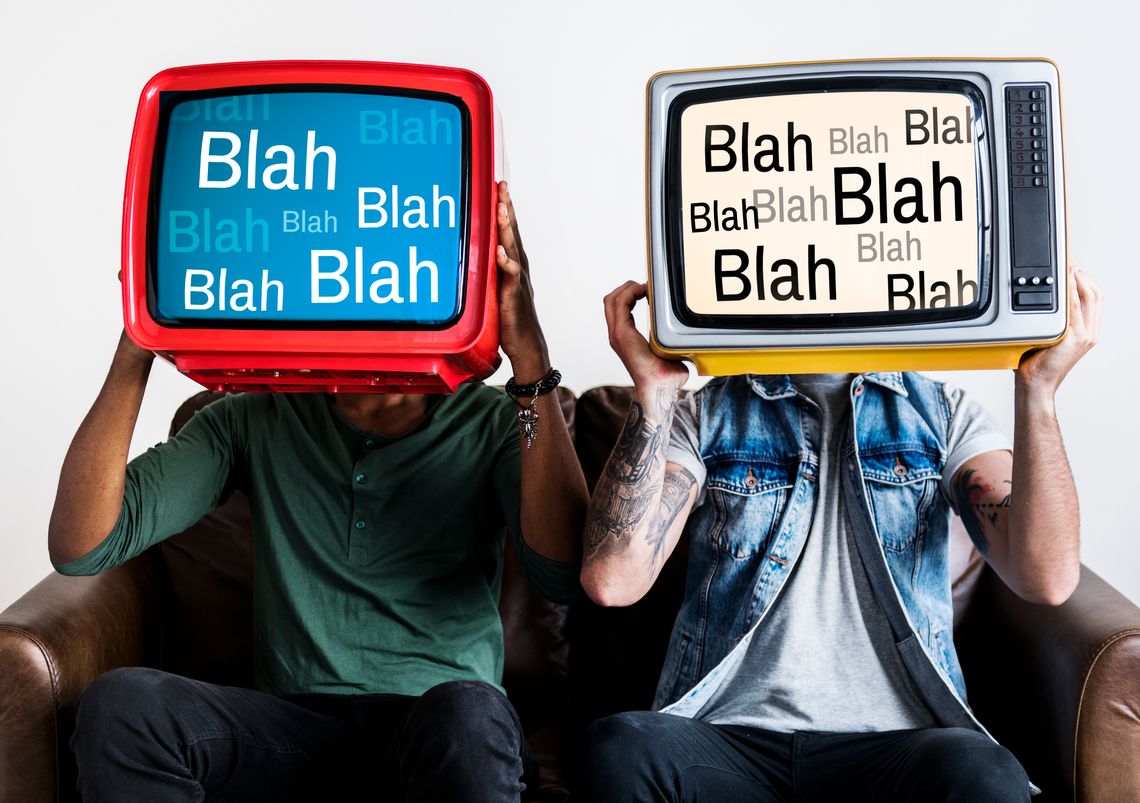I attended my sixth college graduation as a faculty member Friday night. I enjoy watching our students walk across the stage. I think it’s important to show them our support and let them know how proud we are.
I just finished my third year at Tarleton, so this year’s seniors were sophomores when I first met them. We’ve watched them grow and are excited to see the places they’ll go.
And, rest assured, our future is in great hands. Don’t believe everything you hear. This generation is not the disconnected space-cadets the media would have you think there are.
They are also not the fury driven antisemites the media has been droning about for the past month, either.
You can’t turn on TV news these days without being blasted about campus protests ongoing over the Israel Hamas War. It’s all the news can talk about. Based on the coverage alone, you might be left to think that every campus across the nation is enraged, and every college student is up in arms.
The data bears a very different story.
According to USA Today, there are 15.2 million college students in this country. Of those, 2,300 have been arrested nationwide in the wake of recent campus protests, according to NBC News. That’s 167th of 1% of all college students in the nation— a far cry from the “voice of their generation” Fox News and CNN have been telling us about. And half of those arrested in New York had no actual affiliation with the university at which they were protesting, again— according to NBC News.
By and large, protests have been isolated and relatively few and far between, but you wouldn’t know that by watching the TV news. You also wouldn’t know that the U.S. economy has shown steady growth since it dropped to unprecedented levels during the second quarter of 2020. Or that the unemployment rate is at a 50-year low. Or that murder rates and other violent crimes have decreased nationwide at an average of 12% year-over-year since 2020, according to NPR.
You wouldn’t know this because the TV news doesn’t lead with the positive— even when the positive far outweighs the negative.
This is what scholars call Mean World Syndrome.
The term was coined more than 50 years ago and characterizes a perception of the world as a dangerous and hostile place, primarily shaped by media consumption. Essentially, it states that individuals develop an exaggerated belief that violence and crime are more prevalent than they actually are— based upon the media they consume. This leads to increased fear and anxiety, scholars say. And there could be something to it.
According to Forbes:
• Anxiety disorders are the most common mental illnesses in the U.S. and affect over 40 million adults, or 19.1% of the population.
• Generalized anxiety disorder (GAD) is the most common anxiety disorder in the U.S. with 6.8 million adults affected.
• Young people are more likely to experience symptoms of anxiety than older adults, with nearly 50% of those between the ages of 18 and 24 reporting depressive disorder or anxiety symptoms.
• Women are more than twice as likely than men to experience an anxiety disorder.
The tie to media consumption and anxiety levels could be purely anecdotal, but it’s worth mentioning. Do you ever watch the TV news and just feel bad afterward?
That’s Mean World Syndrome. It occurs when we allow television to shape our perceptions.
Through constant exposure to sensationalized news stories, violent movies and dramatic television shows, viewers internalize a skewed version of reality where danger lurks around every corner.
I fear the leap from television to social media has only proliferated the effects of Mean World Syndrome.
The repeated depiction of crime and violence reinforces the idea that the world is a threatening place, regardless of statistical evidence to the contrary. Mean World Syndrome can have profound psychological effects. Constant exposure to negative media content can contribute to feelings of helplessness and desensitization to violence. Over time, folks may become despondent or resigned to the idea that the world is inherently dangerous, leading to a diminished sense of optimism and empathy.
Sound familiar? How do we combat Mean World Syndrome?
Songwriter Lukas Nelson tells us to “Turn off the News and Build a Garden.” And there is probably something to that, but the all-manual labor aside— why not just take a break from cable TV and social media?
Take a break from the nightly network news. Pick up your local newspaper. Read about the positive things going on in your community. Maybe go to a little-league baseball game or a high school graduation. Get dialed into the positive things in your community.
I am not telling you to turn a blind eye to the news of the world— far from it. But, like all things, moderation is key. So take it in stride and keep things in perspective. Israel and Hamas will still be there when you get back. The presidential race won’t have changed much and— in the end— the next generation has not gone to seed. We’ll be okay, no matter what the talking heads tell us.

